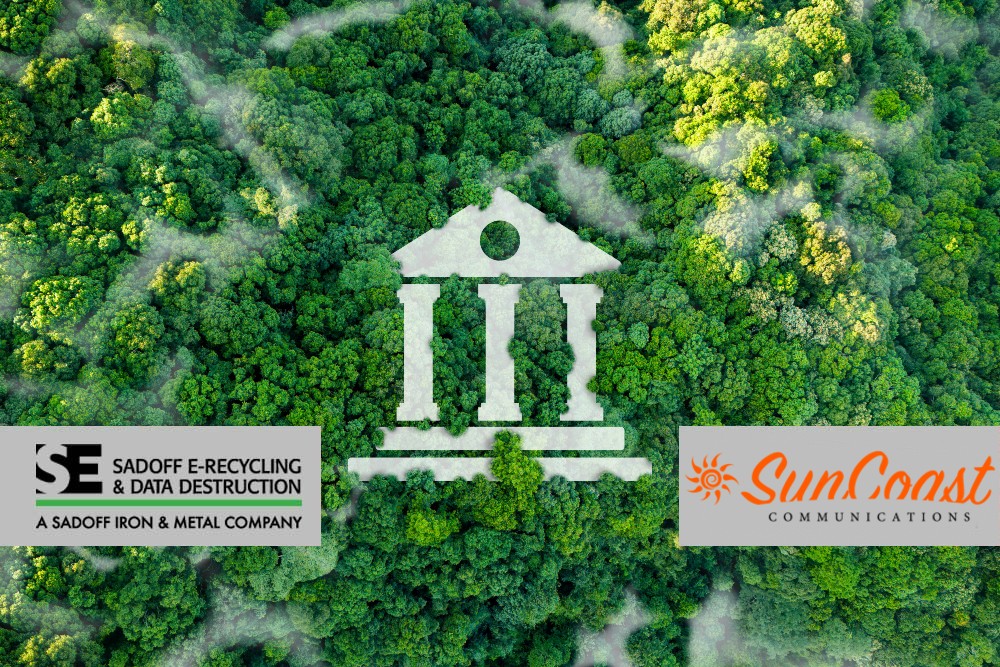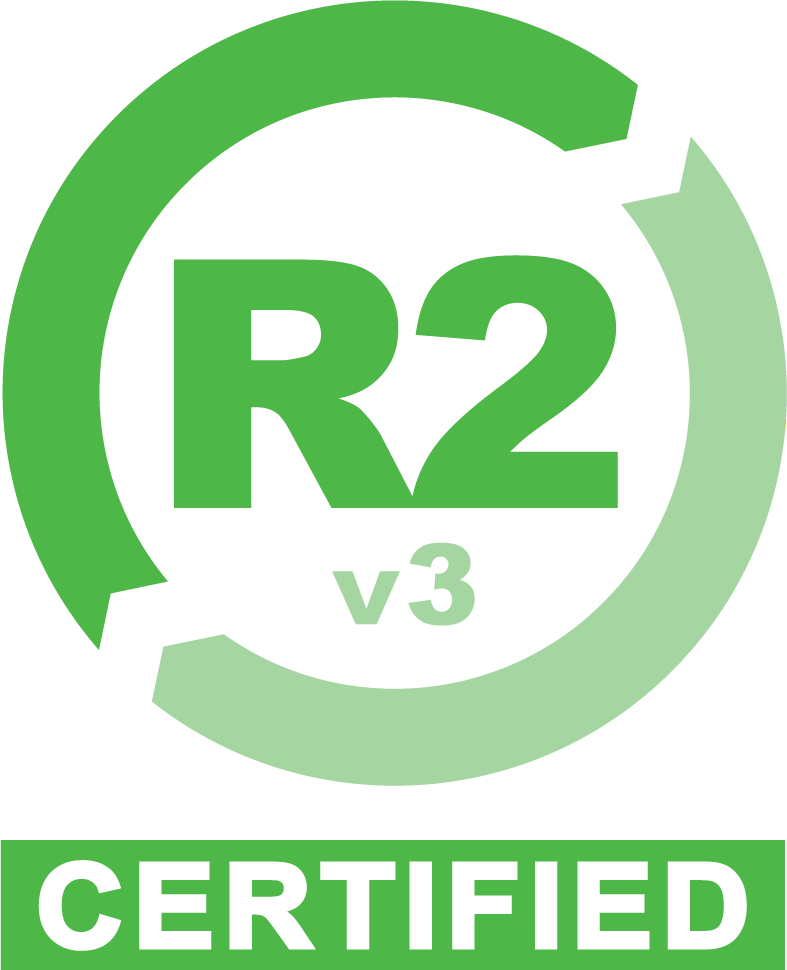E-Waste Regulations: How Businesses Can Stay Compliant
 10
10 Apr
Let’s face it, your business runs on technology. Laptops, servers, phones – they’re essential. But what happens when they reach the end of their useful life? They turn into “e-waste,” and that pile of outdated electronics is becoming a major headache, both for the planet and for your company’s security. Dealing with it properly isn’t just a nice-to-do; it’s something your business absolutely has to get right.
Ignoring your old tech can lead to real trouble, costing you money and damaging the trust you’ve built. Are you confident you know exactly what your responsibilities are when it comes to e-waste?
Why is This So Complicated? The Maze of Rules
Figuring out e-waste rules can feel like untangling a giant knot. There isn’t one single federal law in the US covering every piece of business tech. Instead, you’re juggling:
- Federal rules (like those for potentially hazardous materials).
- State laws: About half the states have their own electronics recycling laws, and they can be wildly different! Some make manufacturers handle it, others ban electronics from landfills, and some have specific rules just for businesses.
- Data privacy laws: Regulations like HIPAA mean you must securely destroy sensitive data before getting rid of old devices.
It’s a lot to keep track of!
Read More: The Hidden Costs of Improper E-Waste Disposal
What Happens if You Get it Wrong?
Failing to navigate these rules isn’t just a paperwork problem. It can lead to:
 Painful Fines: Getting hit with penalties for improper disposal.
Painful Fines: Getting hit with penalties for improper disposal.- Legal Battles: Facing lawsuits if e-waste pollutes the environment or if a data breach happens from an old device.
- Reputation Hits: Losing the trust of customers and partners if you’re seen as irresponsible.
- Data Breach Nightmares: Dealing with the huge costs and fallout if sensitive company or customer info gets leaked from discarded tech.
Honestly, that last one – data security – is often the biggest worry. Old hard drives, phones, and computers can be treasure troves of private information. Just hitting ‘delete’ isn’t enough. If that data falls into the wrong hands after you’ve tossed the device, it’s a disaster waiting to happen.
Taking Control: How to Stay Compliant
Being proactive about e-waste doesn’t just help you avoid fines; it shows you’re a responsible company and helps you manage risks better. So, how can you make sure you’re covered?
- Make a Plan: Create a simple internal policy for how your company handles old electronics. Who’s responsible? What are the steps?
- Know Your Tech: Keep a basic inventory of your electronic gear. This helps you plan for when things will need replacing and disposal.
- Prioritize Data Destruction: This is critical. Have a rock-solid plan for destroying data based on recognized standards (like NIST 800-88). Remember, simply deleting files doesn’t cut it. Physically shredding hard drives and other storage media is the gold standard for security.
Finding the Right Help: Choosing an E-Waste Partner
You don’t have to figure this all out alone. Partnering with a certified e-waste recycler is essential. Look for companies with trustworthy certifications like R2 (Responsible Recycling). These certifications are proof that the recycler meets strict standards for environmental safety, worker health, and – crucially – data security. It gives you peace of mind.
This is where Sadoff E-Recycling & Data Destruction comes in. We simplify the whole process for businesses like yours. We offer a secure, transparent way to handle your e-waste, backed by top-tier certifications (R2v3, ISO 9001, ISO 14001, ISO 45001, and i-SIGMA for data security). Your data’s safety is our top priority; we follow NIST guidelines and give you Certificates of Destruction as proof.
We take care of a wide range of electronics, ensuring everything is processed responsibly, valuable resources are recovered, and the environment is protected. Plus, our clear reporting gives you an audit trail for your records.
Bonus: Got IT assets (like telecom gear) that might still have some life left? We work seamlessly with our sister company, SunCoast Communications. After ensuring data is destroyed, SunCoast can check if the equipment can be remarketed, potentially getting some value back for you before anything needs recycling.
E-Recycling Trends in 2025: What Businesses Need to Know
Let’s Tackle Your E-Waste Together
Yes, e-waste compliance can seem complex, but it’s absolutely vital for your business’s health and reputation. By putting clear procedures in place, making data security a non-negotiable, and partnering with a highly certified expert like Sadoff, you can navigate the regulations confidently. Protect your business, secure your data, and contribute to a more sustainable future.
Don’t leave your e-waste management to chance. Reach out to Sadoff E-Recycling & Data Destruction today. Let’s chat about your needs and how we can provide a secure, responsible, and stress-free solution for your old tech.
Categorized in: E-Recycle




 Google map directions
Google map directions
 Google map directions
Google map directions
 Google map directions
Google map directions
 Google map directions
Google map directions
 Google map directions
Google map directions
 Google map directions
Google map directions
 Google map directions
Google map directions